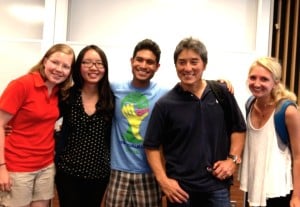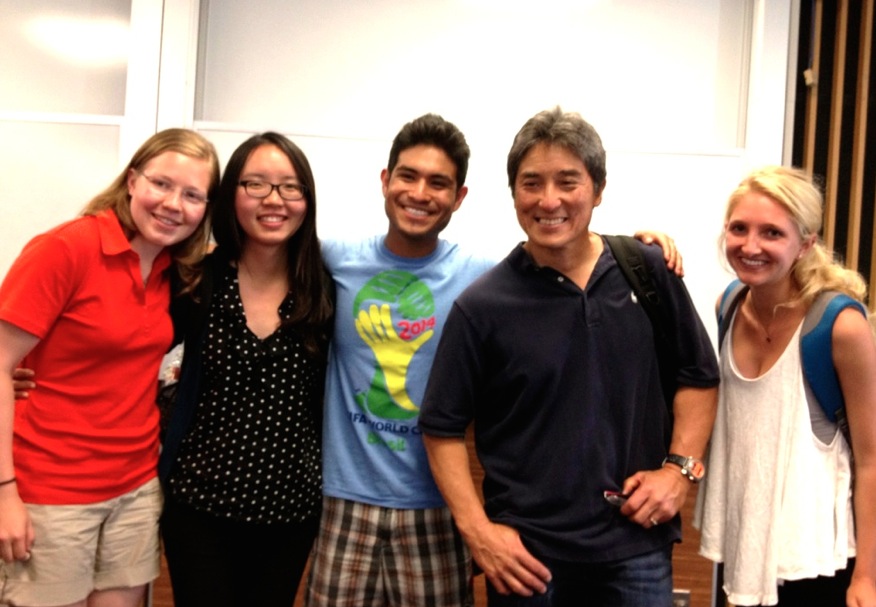SmileyGo, a student-founded social enterprise founded approximately two months ago, has built foundations internationally with the help of its Stanford sponsors Tina Seelig Ph.D. ’85, Tomas Kosnik, Ernestine Fu ’13 M.S. ’13 Ph.D. ’19 and Rebeca Hwang ’11.
Aiming to foster communities and provide equal opportunities for children in underserved communities by connecting firms and educational NGOs, SmileyGo has over 35 members and is currently operating in over nine countries worldwide. Earlier this month, the enterprise also expanded to Canada and the United Arab Emirates.
“Our main objective [is] to educate by creating educated environments through civil works,” said Pedro Espinoza, founder and CEO of SmileyGo. “We connect people in the right moment in the right place to create social welfare for kids.”
Espinoza credited much of his initial success to the guidance of Kosnik and Hwang, who both encouraged and supported Espinoza through SmileyGo’s beginnings.
“We realized how crucial and important relationships are,” Espinoza said. “Having a solid relationship is way more valuable than just a check of $1,000 or just writing a letter. [Sponsors] connect you with other people and other social investors and other companies.”
Hwang noted the passion of the SmileyGo team and acknowledged it in the team’s accomplishments for the short amount of time the startup has existed.
“I was impressed by their determination to go global in less than three months and I have enjoyed witnessing them making great progress in achieving this milestone,” Hwang said. “The team behind Smiley Go is full of passion, positivity and desire to create a positive impact in the world through innovation.”
Beginning and future of the enterprise

(Courtesy of SmileyGo)
SmileyGo was initially conceived by Espinoza and his team — including Jamie Rosenstein, Milla-Mari Vastavuo and Joy Ting Zhang — who hoped to design a mobile app game that educated users on the history and culture of Peru, Chile and Argentina. The app, in turn, would support SmileyGo by advocating tourism in those countries.
However, the company decided to forfeit those plans and to instead spend the app-devoted months connecting companies to nonprofits, which ultimately benefitted SmileyGo.
Espinoza explained the current goals of the organization, which included expansion and becoming financially stable.
“We have three long-term goals; the first one is to get to all the continents — we definitely want to establish SmileyGo Australia,” Espinoza said. “The other goals we have for SmileyGo would be to keep growing … and establish a really solid finance department for us to be self-sustainable rather than depending solely on donations.”
Contact Mariam Sulakian at 15mariams ‘at’ students.harker.org.
